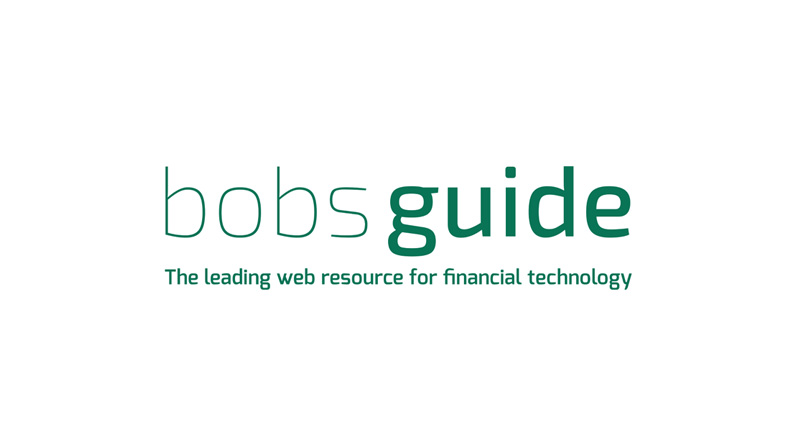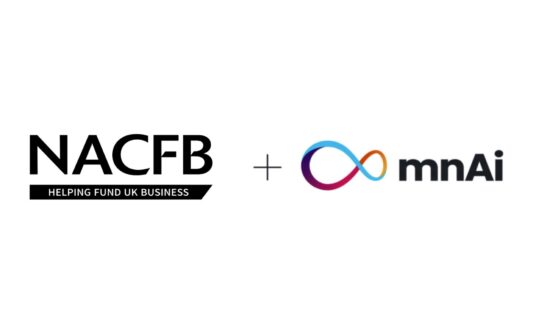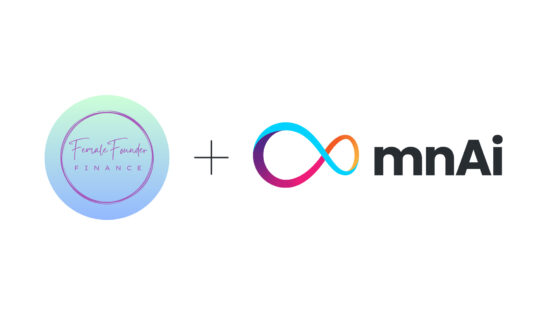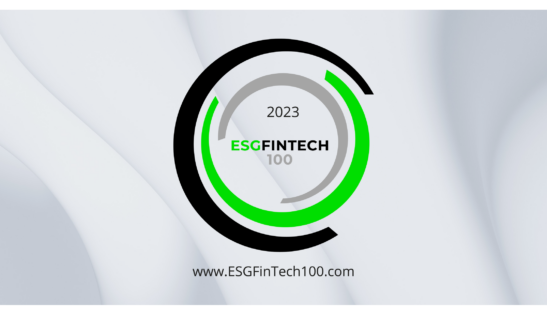19 Mar 2020
The future of AI within the Private Equity industry

At a time when deals are more competitive than ever and asset prices are soaring, private equity (PE) firms need to do everything they can to avoid deals turning sour. Yet in recent months we have seen prime examples of how ignoring the web of a target company’s extended network can cause problems. Here, we’ll look at some examples of how AI can bring new insight to traditional investment opportunities, and how PE firms can benefit from the insights that these new technologies enable.
It’s a given that the vast majority of deals and offers made by PE firms are based on extensive due diligence processes – often requiring months of manual research and compiling of reports. Yet this time-intensive and laborious process can at times fail to look past the traditional accountancy figures of P&L sheets and the like; missing a broader analysis of relevant factors such as associated parties and relationships within the company’s broader network or digital health. A quick Google search will highlight some recent and well documented cases that show why failing to include this kind of insight can cause significant headaches and backlash for PE firms.
Given the competitive landscape and the tendency for grievances to be quickly and publicly aired; it’s never been more essential to have a complete picture of a target company before making a bid. And not simply to help mitigate risk and maximise potential opportunities. This information also brings much-needed insight to decision making – especially when deciding whether to aggressively bid on a target company or simply walk away.
The complexities of deals in themselves mean there are a number of pitfalls that could arise both before, during and after a deal is finalised.
Understanding directors’ personal networks, what valuable company knowledge they had access to and whether they now have stakes in any competitors is essential for mitigating potential risks. Who are they connected too? Have they invested in a disruptor in the same space? What other boards do they sit on? Generating insight using AI could be the difference between buying at a premium or walking away.
Another example is not having a complete digital picture of a target company. Say a restaurant or online health care provider was identified as a new opportunity but it has a number of well-established competitors. If, in comparison to its competitors the target’s website has low share of traffic, poor conversion rates and negative customer reviews, and this insight isn’t gathered, then the wrong decision could be made about what price to open a bid at. The digital due diligence process is just as important as the physical and financial but the cost of reputational restoration can take much longer and at far greater expense than imagined.
The key to avoiding falling foul and ending up in a position where a potentially troublesome target has already been acquired lies in harnessing emerging technologies. They grant access to deep insights about target companies, both their position in the market and within broader networks.
What currently takes months for deal teams to compile manually, can be done in minutes with AI – and presented in such a way that relevant insights jump off the page and allow the PE firms to maximise their investment opportunities and their expected ROI.
www.bobsguide.com/guide/news/2020/Feb/26/how-ai-can-bring-new-insight-to-private-equity-deals/


